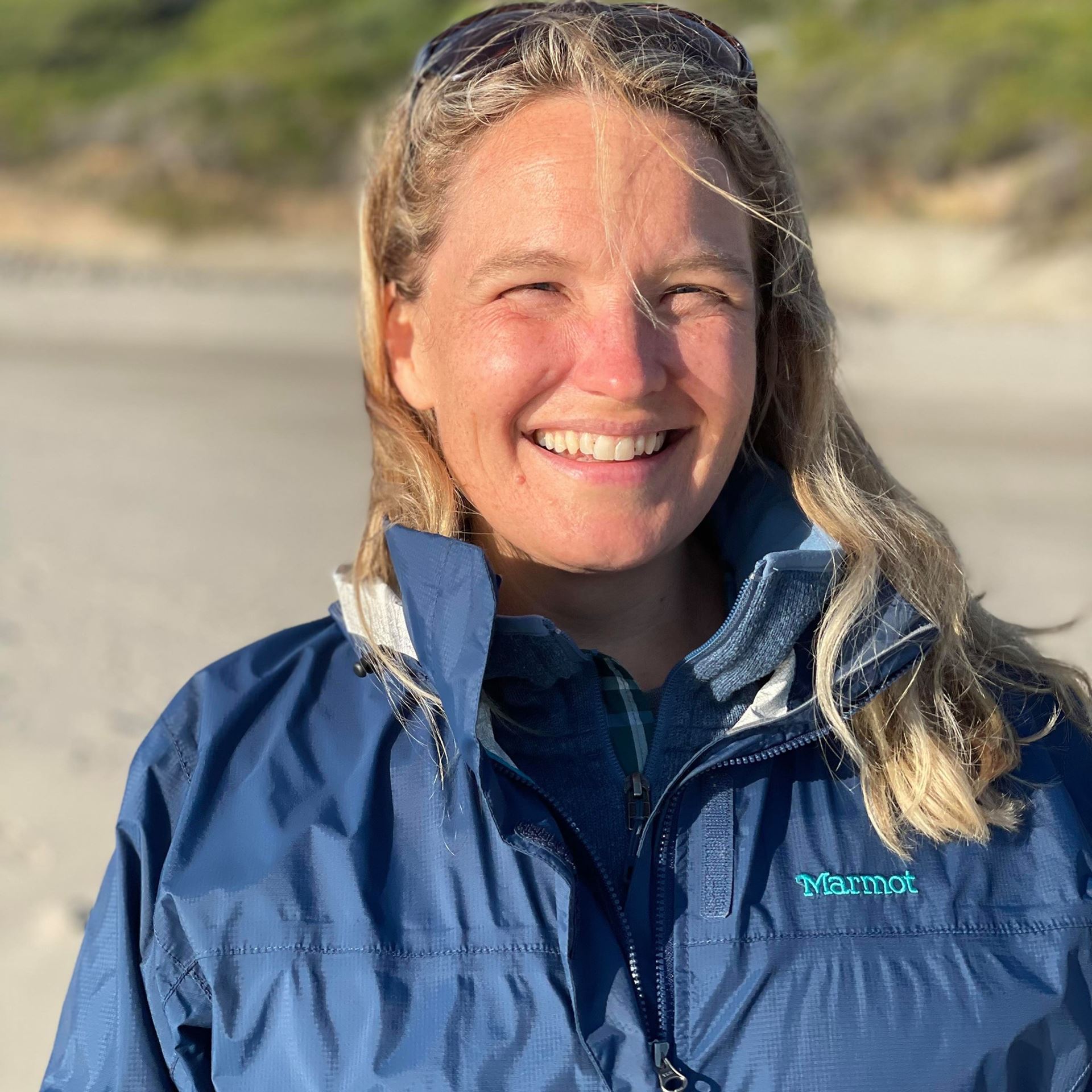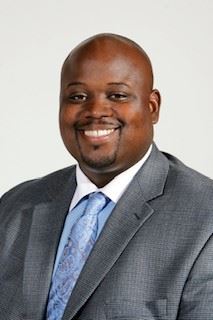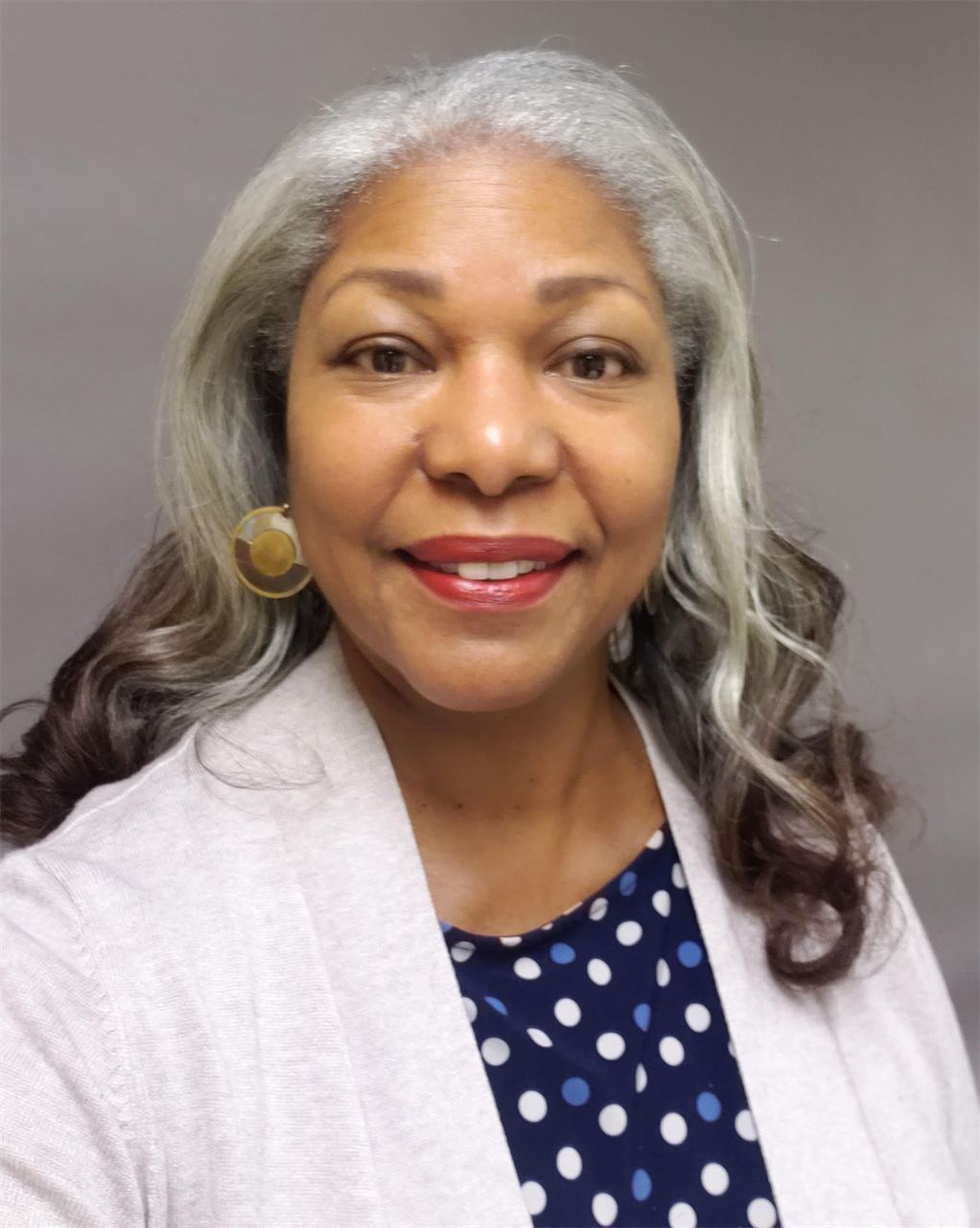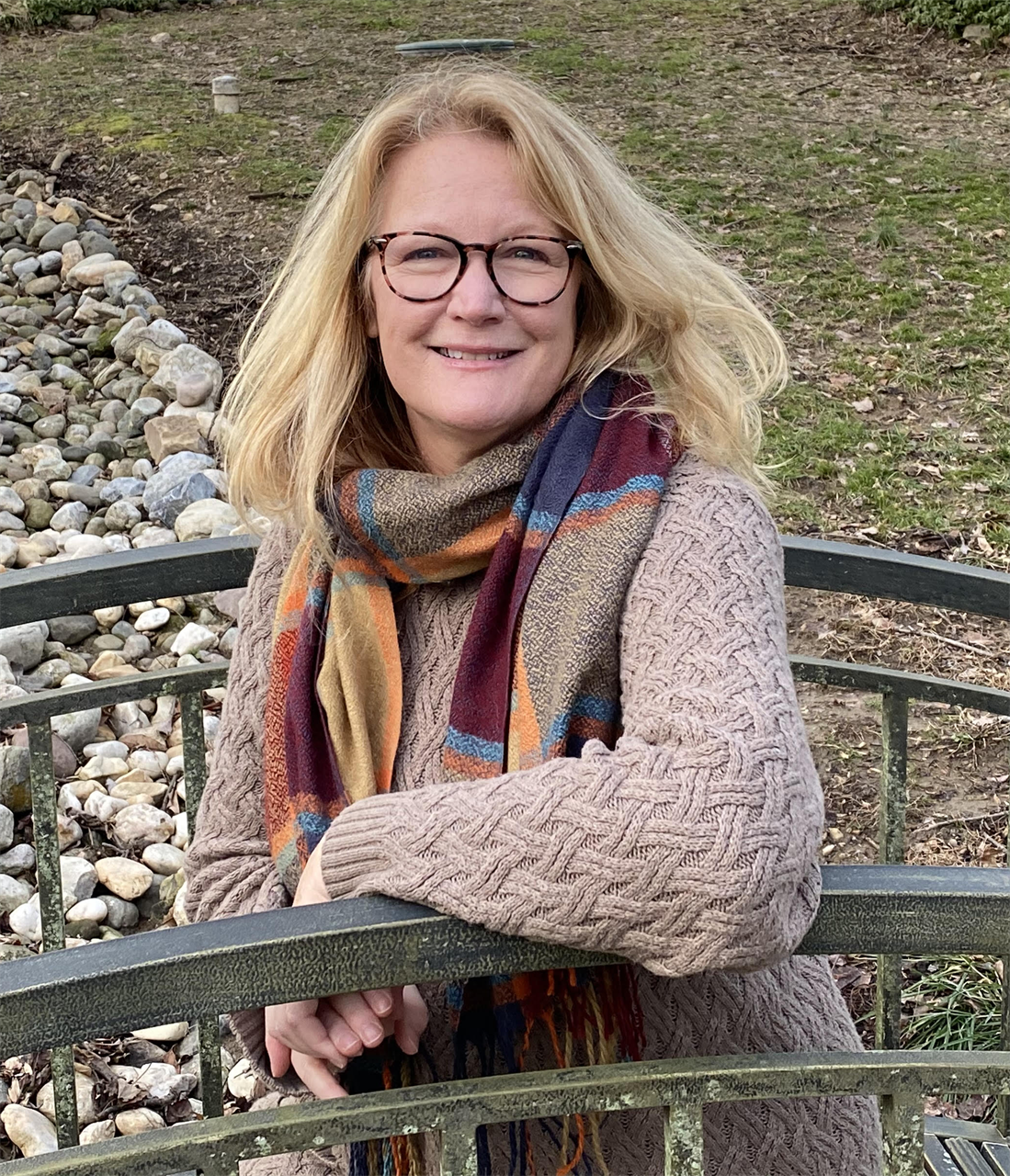Annual Conference and Fall Conference
of the Maine Association of Mediators
November 5, 2021 via Zoom
10:00 a.m. to 3:30 p.m.ET
An email will be sent to you prior to the event with the Zoom Link upon registration
CLE credits, including 75 minutes for Professionalism/Ethics and
90 minutes for Harassment/Discrimination

Annual Meeting 10:00am to 10:30am ET
Session 1 - 10:30am to 12:00pm ET
Mediating and Facilitating at the Intersection of Diversity, Equity, and Inclusion Efforts: Why Objectivity is Not Nearly Enough
Description: As a process for addressing disputes, mediation serves a critical function. Is it possible, however, that mediation and private settlement are not appropriate for certain matters? That the “neutral” function of mediators or facilitators may perpetuate systemic bias and disadvantage marginalized populations, including survivors of sexual violence, despite the well-placed intentions of mediators? This session invites participants into a thoughtful examination of the mediation process, including the limits thereof and the internalized bias(es) that may exist among mediators or facilitators, during a period which calls for creative approaches to combat sexual violence and systemic racism.
Presenters
Kaaren M. Williamsen, Phd, is Director of the Sexual Assault Prevention  and Awareness Center at the University of Michigan. She has also served as the Title IX Coordinator at Swarthmore College and was the founding director of the Gender and Sexuality Center at Carleton College, where she also served as a Deputy Title IX Coordinator. Kaaren has masters’ degrees in women’s studies (Minnesota State, Mankato) and counseling and student personnel psychology (University of Minnesota, Twin Cities); she holds a Phd in organizational leadership, policy, and development from the University of Minnesota. Completed in 2017, her dissertation addressed the limitations of the student conduct response to sexual misconduct and the possibilities of restorative justice. She is co-chair of Campus PRISM (Promoting Restorative Initiatives for Sexual Misconduct) and is a restorative justice facilitator trainer with the Center for Restorative Justice at University of San Diego.
and Awareness Center at the University of Michigan. She has also served as the Title IX Coordinator at Swarthmore College and was the founding director of the Gender and Sexuality Center at Carleton College, where she also served as a Deputy Title IX Coordinator. Kaaren has masters’ degrees in women’s studies (Minnesota State, Mankato) and counseling and student personnel psychology (University of Minnesota, Twin Cities); she holds a Phd in organizational leadership, policy, and development from the University of Minnesota. Completed in 2017, her dissertation addressed the limitations of the student conduct response to sexual misconduct and the possibilities of restorative justice. She is co-chair of Campus PRISM (Promoting Restorative Initiatives for Sexual Misconduct) and is a restorative justice facilitator trainer with the Center for Restorative Justice at University of San Diego.
Dr. Ryan C. Holmes is Associate Vice President for Student Affairs and Dean  of Students at the University of Miami (FL) where he maintains oversight of the policies and procedures governing student conduct and conflict, Greek life, student crises, alcohol and other drug education, veterans’ services, and the chaplain’s association. As a contributing author of Reframing Campus Conflict and co-author of a chapter titled “Why Objectivity is Not Nearly Enough,” he regularly provides talks and presentations dealing with social justice, bias (as it relates to race, gender, and other unchangeable traits), conflict resolution, and entitlement. Dr. Holmes is also a past president of the Association for Student Conduct Administration (ASCA) (2012-2013) and the current Faculty Director of a specialized training institute for the National Association of Student Personnel Administrators (NASPA).
of Students at the University of Miami (FL) where he maintains oversight of the policies and procedures governing student conduct and conflict, Greek life, student crises, alcohol and other drug education, veterans’ services, and the chaplain’s association. As a contributing author of Reframing Campus Conflict and co-author of a chapter titled “Why Objectivity is Not Nearly Enough,” he regularly provides talks and presentations dealing with social justice, bias (as it relates to race, gender, and other unchangeable traits), conflict resolution, and entitlement. Dr. Holmes is also a past president of the Association for Student Conduct Administration (ASCA) (2012-2013) and the current Faculty Director of a specialized training institute for the National Association of Student Personnel Administrators (NASPA).

Session 2 - 12:30 to 2:00 pm ET
Student Conduct and Conflict Management Through a Social Justice Lens
Description: For decades after the Supreme Court’s decision is Dixon v. Alabama State Board of Education (1961), the processes utilized by secondary and postsecondary educational institutions for managing student conduct and conflict were rooted in traditional notions of procedural due process that “guaranteed the right to speak but not [the right] to have the powerful listen” (Boyd, Moody-Shepherd, McFadden, 2020). The end result was often favorable dispositions for students whose identities reflected those in power and less favorable dispositions for students from underrepresented or marginalized populations. To create more equitable outcomes and propel systemic change, University of Michigan colleagues Jennifer Meyer Schrage and Monita Thompson developed a Spectrum Model for managing student conduct and conflict in a manner consistent with the principles of social and restorative justice. As featured in Reframing Campus Conflict: Student Conduct Practice Through the Lens of Inclusive Excellence (2nd Edition), co-edited by Meyer Schrage and Nancy Giacomini, the Spectrum Model utilizes various forms of alternative dispute resolution, including conflict coaching, facilitated dialogue, mediation, restorative practices, shuttle diplomacy, and formal hearing-based processes, to account for the various needs and interests of diverse student populations and to disrupt cycles of structural determinism and/or institutional bias. This session provides an overview of the Spectrum Model, introduces participants to concepts discussed in Reframing Campus Conflict, and provides an opportunity to reflect on mediation and restorative justice processes in Maine.
Presenters
Jennifer Meyer Schrage, J.D. (she/her) is an author, attorney, and educator.  She currently works at the University of Michigan as the interim Associate Vice President and Senior Advisor to the Vice President for Student Life. Schrage has worked for U-M since 2006, previously serving as a director for both the International Center and the Office of Student Conflict Resolution. Schrage was awarded the Association for Student Conduct Administration (ASCA) Award for Excellence for Significant Contributions to the Field for her collaborative work with Monita C. Thompson in developing the nationally recognized spectrum model as a framework for advancing social and restorative justice in the field of student conduct and conflict management. Schrage is a co-editor and co-author of Reframing Campus Conflict (Stylus, 2009/2020). Schrage previously taught at the Sandra Day O’Connor College of Law at Arizona State University’s Lodestar Dispute Resolution Center and served as director of Student Judicial Services at Eastern Michigan University. Schrage came to higher education from the practice of law. She earned her law degree at the University of Arizona.
She currently works at the University of Michigan as the interim Associate Vice President and Senior Advisor to the Vice President for Student Life. Schrage has worked for U-M since 2006, previously serving as a director for both the International Center and the Office of Student Conflict Resolution. Schrage was awarded the Association for Student Conduct Administration (ASCA) Award for Excellence for Significant Contributions to the Field for her collaborative work with Monita C. Thompson in developing the nationally recognized spectrum model as a framework for advancing social and restorative justice in the field of student conduct and conflict management. Schrage is a co-editor and co-author of Reframing Campus Conflict (Stylus, 2009/2020). Schrage previously taught at the Sandra Day O’Connor College of Law at Arizona State University’s Lodestar Dispute Resolution Center and served as director of Student Judicial Services at Eastern Michigan University. Schrage came to higher education from the practice of law. She earned her law degree at the University of Arizona.
Monita C. Thompson serves as Student Life Co-Director of the Program on  Intergroup Relations at the University of Michigan-Ann Arbor. Within IGR she fosters the training, development, and support of undergraduate student peer educators in skills and techniques of intergroup dialogue facilitation and on becoming a social change agent. She is one of the designers of the U-M Resident Hall Staff training course. She consults with higher education institutions interested in developing intergroup education on their campus and is co-editor of Facilitating Intergroup Dialogues: Building Bridges, Catalyzing Change. Monita is a proud alumna of Tennessee State University where she received a B.S. in Criminal Justice, also holds a master’s in Education from Western Kentucky University.
Intergroup Relations at the University of Michigan-Ann Arbor. Within IGR she fosters the training, development, and support of undergraduate student peer educators in skills and techniques of intergroup dialogue facilitation and on becoming a social change agent. She is one of the designers of the U-M Resident Hall Staff training course. She consults with higher education institutions interested in developing intergroup education on their campus and is co-editor of Facilitating Intergroup Dialogues: Building Bridges, Catalyzing Change. Monita is a proud alumna of Tennessee State University where she received a B.S. in Criminal Justice, also holds a master’s in Education from Western Kentucky University.
Nancy Geist Giacomini, Ed.D. is an educator, mediator, and subject  matters/systems expert whose publications and international advocacy continue to transform student conduct and conflict management practice. The ten-year anniversary second edition of her co-edited work Reframing Campus Conflict: Student Conduct Practice through the Lens of Inclusive Excellence (Schrage & Giacomini, 2020) is an invaluable theory to practice resource for advancing inclusive conflict excellence in systems designed to respond, resolve, and manage conflict and conduct particularly within education, ombuds practice, and human resource management. Nancy currently serves as the Philadelphia Eviction Diversion Program (EDP) mediation manager with CORA Good Shepherd Mediation and as adjunct graduate instructor with St. Bonaventure University (NY). She is a veteran mediator, facilitator and presenter for special education disputes with the PA Office for Dispute Resolution. She earned her doctorate in Educational Leadership from the University of Delaware while a Conflict Resolution Program Associate in the Institute for Public Administration, where she served as Graduate Practicum Instructor for Student Affairs Practice in Higher Education and mediated the resolution of special education disputes throughout the state.
matters/systems expert whose publications and international advocacy continue to transform student conduct and conflict management practice. The ten-year anniversary second edition of her co-edited work Reframing Campus Conflict: Student Conduct Practice through the Lens of Inclusive Excellence (Schrage & Giacomini, 2020) is an invaluable theory to practice resource for advancing inclusive conflict excellence in systems designed to respond, resolve, and manage conflict and conduct particularly within education, ombuds practice, and human resource management. Nancy currently serves as the Philadelphia Eviction Diversion Program (EDP) mediation manager with CORA Good Shepherd Mediation and as adjunct graduate instructor with St. Bonaventure University (NY). She is a veteran mediator, facilitator and presenter for special education disputes with the PA Office for Dispute Resolution. She earned her doctorate in Educational Leadership from the University of Delaware while a Conflict Resolution Program Associate in the Institute for Public Administration, where she served as Graduate Practicum Instructor for Student Affairs Practice in Higher Education and mediated the resolution of special education disputes throughout the state.

Session 3 - 2:15 to 3:30 pm ET
Practice Quality to Support your Mediation Practice
Description: As the field of alternative dispute resolution continues to evolve to meet party and community needs, the Maine Association of Mediators has an opportunity to think critically about how we define our role and support practice quality in Maine. This session provides an overview of professional principles or practice standards applicable to mediators and facilitators in the field. MAM’s Practice Quality Committee will invite participants to envision which principles or standards might be most useful to call on in Maine. MAM relies on its membership to guide how it might support mediation quality on the ground to meet diverse needs of parties.
Presenters
Sarah Matari came to alternative dispute resolution work with hopes of  empowering community members, organizations and institutions to address conflict through holistic dialogue. Sarah currently focuses on training and organizational culture change at RJP Maine. She came to Maine having provided mediation and restorative justice training and direct services to New York City based institutions and communities, such as the New York State Unified Court System, Community Dispute Resolution Centers, and the Department of Education. She continues to work towards partnering with any institution, organization, or school interested in building up their restorative culture and conflict resolution skills. Sarah began conflict resolution work at Smith College, and went onto Fordham Law School to advocate for international children's rights. Her passion for helping communities to establish a culture of belonging and safety for all of its young people drives her work. When Sarah is not thinking about mediation or restorative practices, she is either cooking while dancing or swimming.
empowering community members, organizations and institutions to address conflict through holistic dialogue. Sarah currently focuses on training and organizational culture change at RJP Maine. She came to Maine having provided mediation and restorative justice training and direct services to New York City based institutions and communities, such as the New York State Unified Court System, Community Dispute Resolution Centers, and the Department of Education. She continues to work towards partnering with any institution, organization, or school interested in building up their restorative culture and conflict resolution skills. Sarah began conflict resolution work at Smith College, and went onto Fordham Law School to advocate for international children's rights. Her passion for helping communities to establish a culture of belonging and safety for all of its young people drives her work. When Sarah is not thinking about mediation or restorative practices, she is either cooking while dancing or swimming.
Nelson Larkins is a partner at Preti Flaherty in Portland, Maine. He has over  thirty years of experience as a litigator with an emphasis on workers’ compensation, longshore, general litigation, and family law. He was the Editor in Chief of the Ohio State College of Law Dispute Resolution Journal and has been involved in mediation since 1984. He is a past President of the Maine Association of Mediators.
thirty years of experience as a litigator with an emphasis on workers’ compensation, longshore, general litigation, and family law. He was the Editor in Chief of the Ohio State College of Law Dispute Resolution Journal and has been involved in mediation since 1984. He is a past President of the Maine Association of Mediators.
